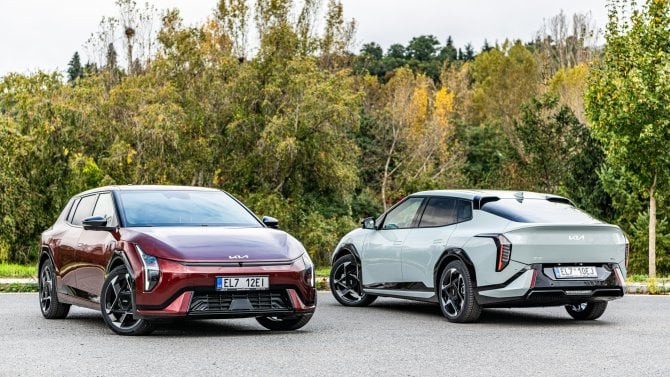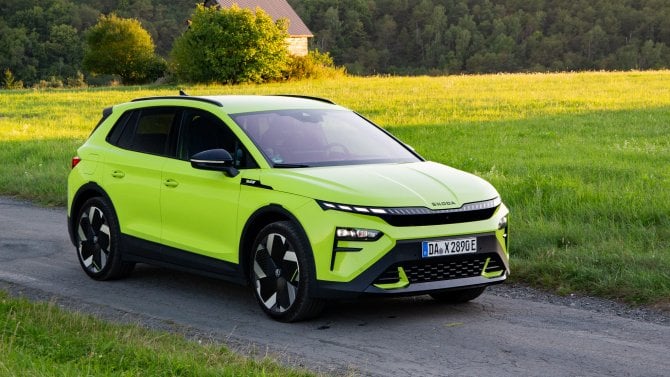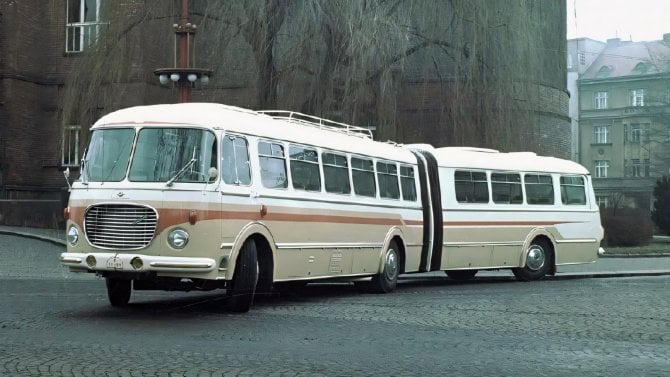...
BELGRADE, April 27 (Reuters) - Czech power firm CEZ aims to invest up to $4 billion in the Balkans, stepping in just as states in the region liberalise their energy sectors, a senior company official said in an interview.
CEZ, with a majority held by the Czech state, is Europe's second largest power exporter. Apart from its activities in the Czech republic, it has acquired plants or distribution networks in Romania, Bulgaria and Poland.
"This is a region where state monopolies are transforming into market-oriented companies, and that's where see our chance for growth," said Aleksandar Obradovic, director of CEZ's Serbian arm, in an interview on Thursday.
CEZ has already moved into the Bosnian market with a $1.4 billion investment to build a thermal power plant and open a lignite mine. It will hold 51 percent of the joint venture, with the government of Bosnia's Republika Srpska owning the rest.
The deal had whet CEZ's appetite for more investment in the region, Obradovic said.
"Serbia is an interesting market for us because of the size and because many transmitting routes go through the country".
A short-term target would be the tender for the construction of a 700-megawatt thermal plant southwest of Belgrade.
"We are interested in getting that job, we estimate it could cost us around 800 million euros," Obradovic said, adding that the company was seeking concessions for lignite mines.
It was also waiting for Serbia to form a new government after inconclusive Jan 21 elections and decide on the restructuring strategy for the state power company EPS, so as to make its final plans for the country.
CEZ is also looking to Kosovo, Serbia's breakaway province that could become an independent state under European Union supervision within the year.
Its consortium with United States firm AES is shortlisted for an over $3 billion deal that would include building a coal filed power plant of up to 2,100 MGW, overhauling the existing electricity plant and developing of a new lignite mine nearby.
The results of the tender are expected to be announced by the end of 2007.
"CEZ would pay half and our US partner another half," Obradovic said.
Obradovic said that CEZ was also interested in an upcoming tender for the construction of thermal plants in Bosnia's Muslim-Croat federation, and was also looking for opportunities in newly independent Montenegro
EYES ON THE EU
Destroyed by inter-ethnic wars or crippled by economic chaos in the 1990s, the Western Balkans are latecomers to transition.
Held back by five decades of socialist planning and subsidised prices and a post-war tendency towards economic nationalism , they see control of energy sector as a vital security issue and are reluctant to let go of the reins.
Obradovic said CEZ had come from such an environment and saw itself as a transition success story. Its advantage came from having that experience, and from being open to equitable partnerships with local governments.
"The governments in the region are not likely to let the electricity sector completely out of their control and allow price hikes," Obradovic said.
Obradovic said CEZ hoped its experience in transforming from state monopoly into a market oriented company would convince Balkan governments to choose it as a partner.
"We have a very good understanding of the region," Obradovic said. "All states in the region have the same goal, the integration of their power systems into the European power network, and ultimately fulfil the necessary conditions for achieving EU membership".
Keywords: CEZ BALKANS




 Na český trh vstoupil další elektromobil, který má ambice nahradit Golf nebo Octavii. EV4 ujede přes 600 km a stojí pod milion
Na český trh vstoupil další elektromobil, který má ambice nahradit Golf nebo Octavii. EV4 ujede přes 600 km a stojí pod milion
 V Evropě se objevil návrh na to, jak od elektromobilistů vybrat peníze, když neplatí daně z paliva. Zdanit se má soukromé nabíjení i ujeté kilometry
V Evropě se objevil návrh na to, jak od elektromobilistů vybrat peníze, když neplatí daně z paliva. Zdanit se má soukromé nabíjení i ujeté kilometry
 Test Citroen C3 Aircross: Na velikosti záleží
Test Citroen C3 Aircross: Na velikosti záleží
 Po stopách prototypů československých užitkových vozidel. Dochovalo se jich jen minimum
Po stopách prototypů československých užitkových vozidel. Dochovalo se jich jen minimum
 Nastavoval intenzitu elektronické cigarety za volantem, dostal pokutu. Podle soudu je e-cigareta mobil
Nastavoval intenzitu elektronické cigarety za volantem, dostal pokutu. Podle soudu je e-cigareta mobil
